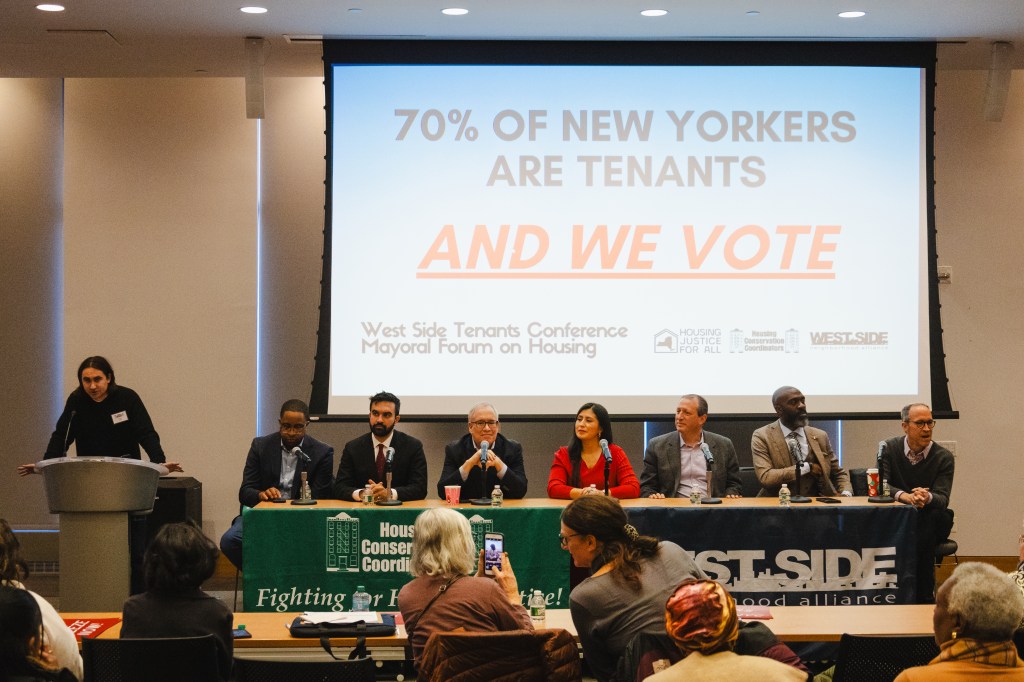By Rabbi Yossi Blesofsky
A recent Wall Street Journal article discussed the results of a fascinating study. People who work under high pressure conditions will often take time off to get away from it all, relax and “decompress.” This, common wisdom assumes, is the way to alleviate the accumulative effects of stress. Alas, the study’s findings indicate that a cycle of intense stress followed by utter relaxation does nothing to counter the deleterious physical and mental health effects of chronic stress. The only thing that really helps is learning to respond in effective ways to stress-inducing situations as they arise. Relaxation is not what heals stress, but reshaping our day-to-day behavior in a way that makes for a less stressful life.
Passover is a celebration of our capacity to attain freedom in “every generation” Yes – even in 2012, to leave whichever “Egypt” our souls languish in. Yet, when we think of freedom, we usually think in terms of being free of care, worry and the burdens of life — in other words, freedom equals “relaxation”. Passover seems to contradict this with its laws on banishing every crumb of leaven from every nook and cranny of our home, with the requirement to eat precise amounts of Matzah and drink a certain measure of wine with each of the “four cups”. Religiously speaking, without eating and drinking the specified amounts, we have not really celebrated the Seder.
Is this focus on detail, freedom? Indeed, there is no other true freedom. We are physical beings living in a world of myriad details and minutia. If we say, “I can only spread my wings and feel uplifted when I transcend the body, the Earth and all its petty details,” we are basically saying that God cannot be felt here in our world. In this model, God is imprisoned in the sublime, and we are imprisoned in the petty. Escaping the petty will not help either — sooner or later we will need to return from the vacation, and then we are back to square one.
Passover responds by telling us that if we truly want our spirits to soar, we must find God in the details of the world we live in, in the same way that stress is not eliminated by escaping our life-frameworks, but by remaining within them and transforming them from within. At the Passover Seder, the ordinary act of eating embodies the will of the infinite, packaged in a few mouthfuls. God is not imprisoned, and neither are we. God can be wherever God chooses to be, even in the act of eating a piece of Matzah or the sounds of a small child asking the Four Questions. And we, too, are set free, as we discover the transcendent in the stuff of everyday life.
Wishing you a holiday of true freedom!
Rabbi Yossi Blesofsky is the Director of the Chabad of Northeast Queens



































